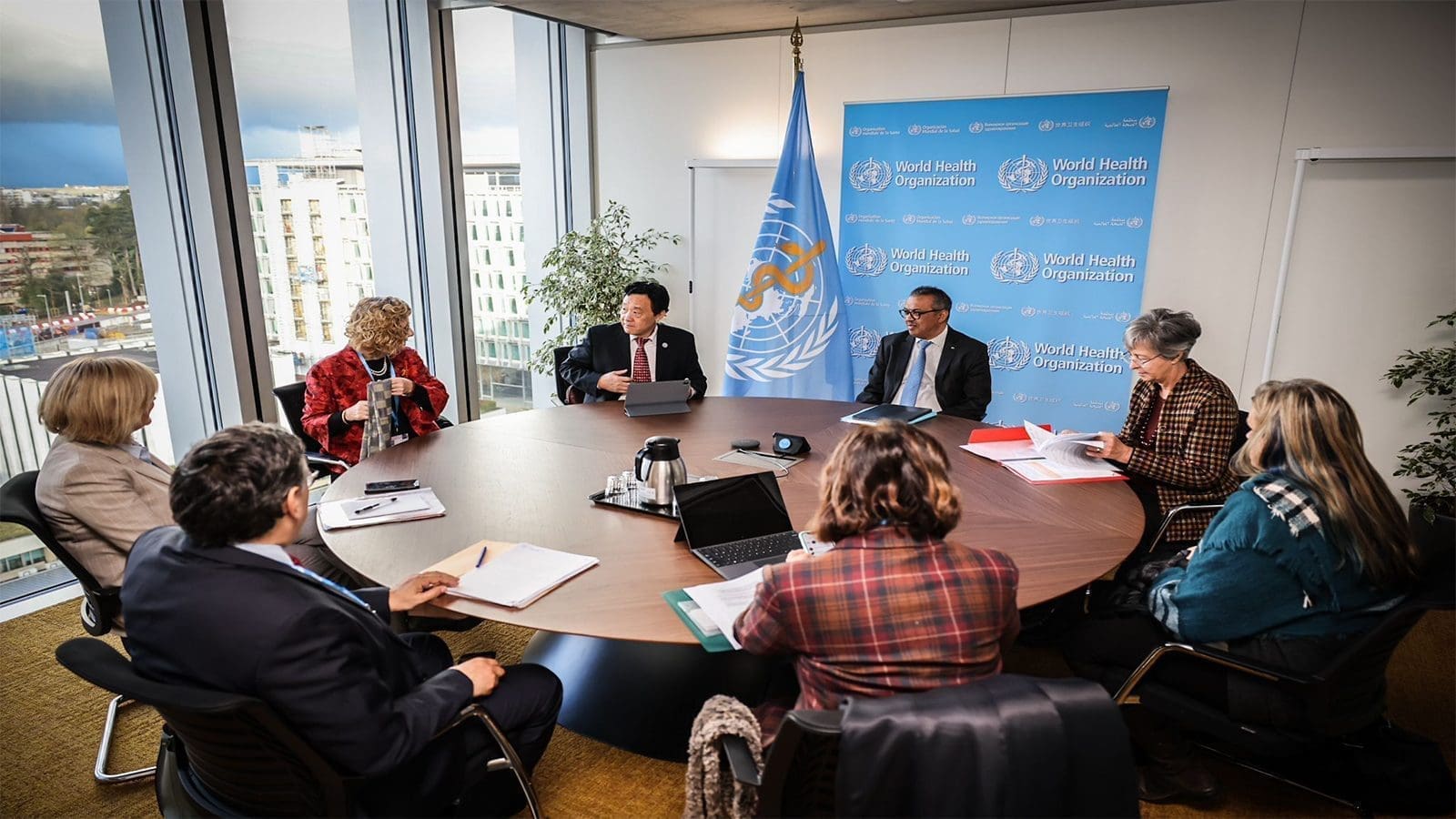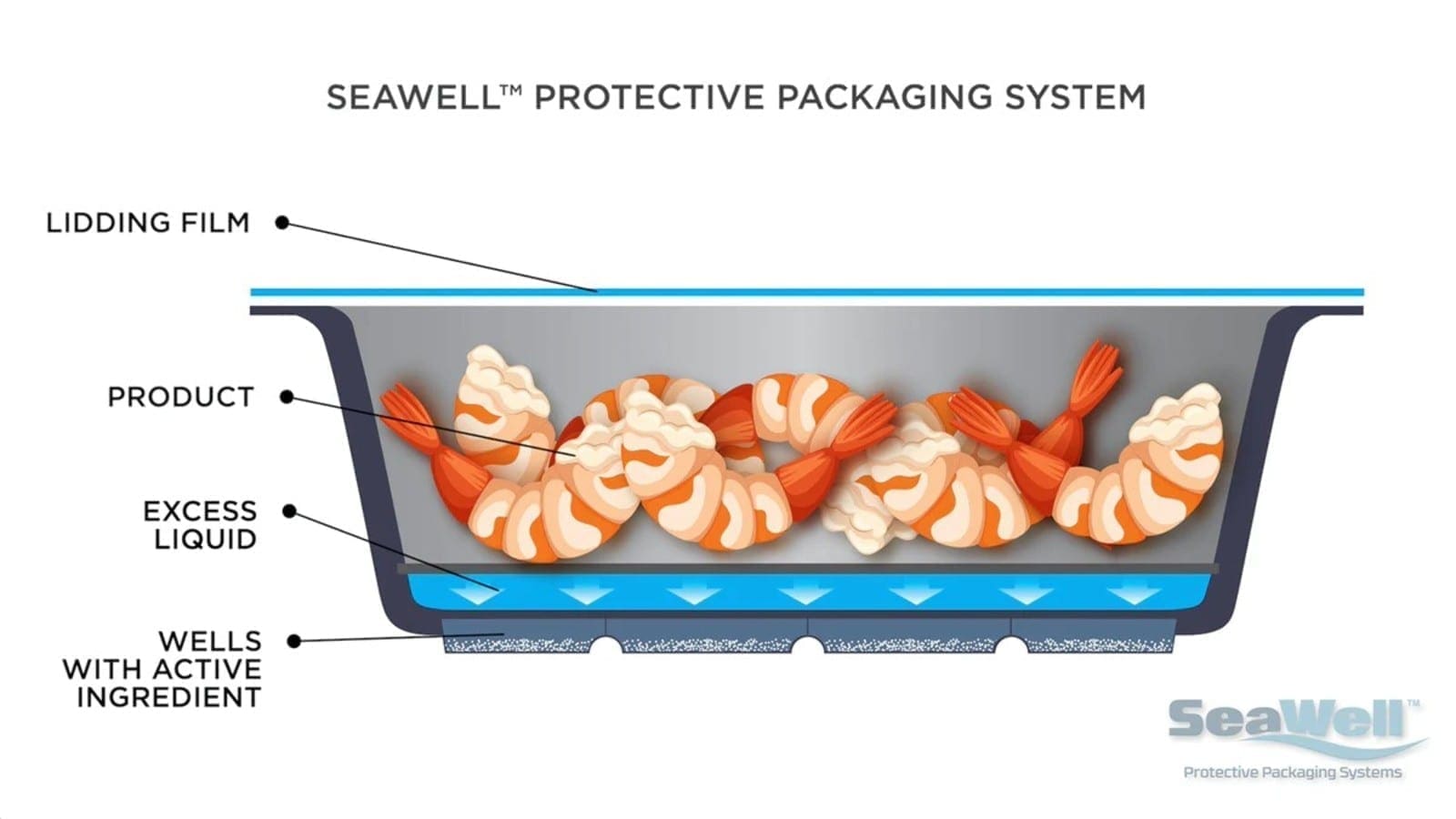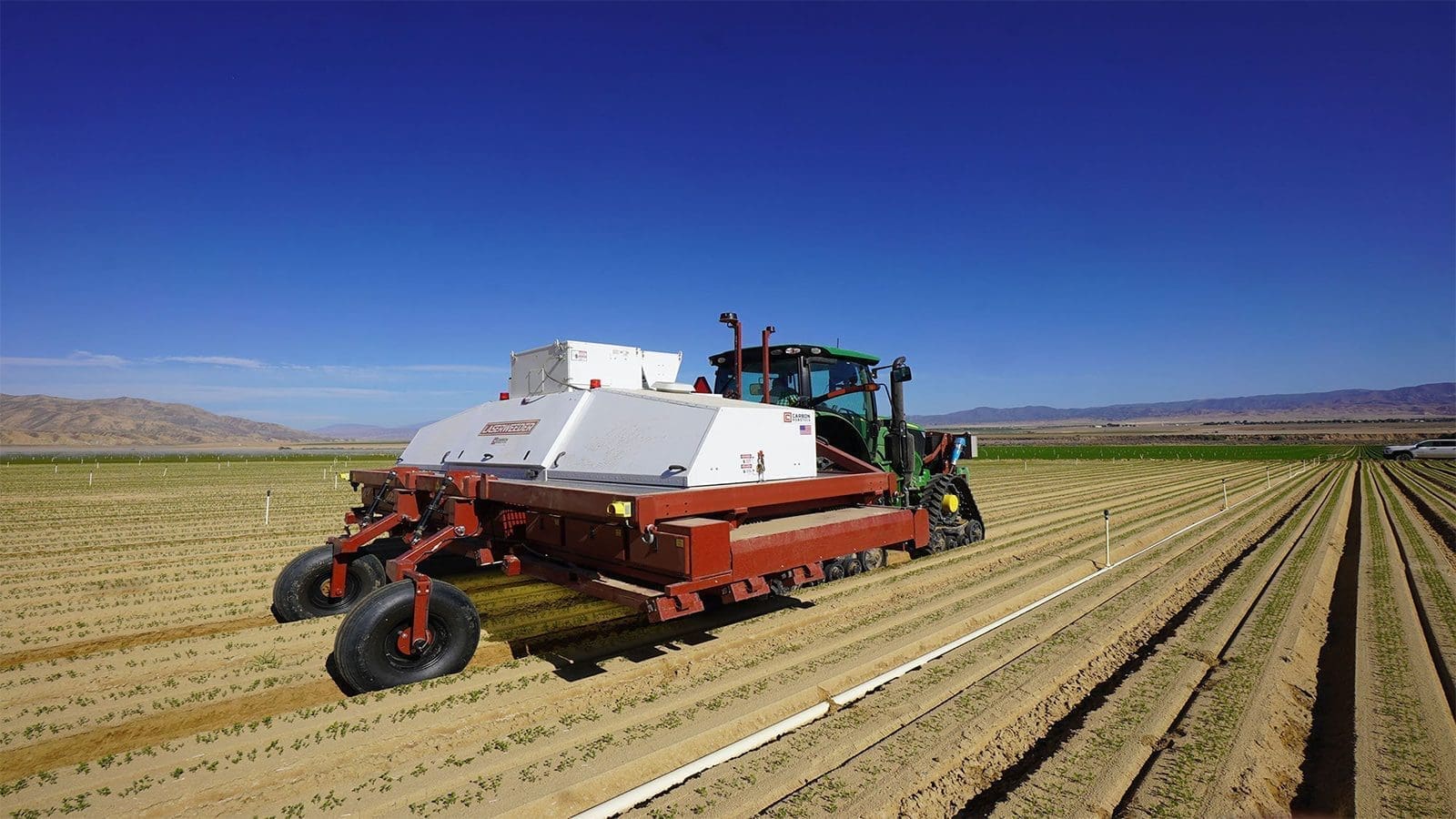GLOBAL – At their first annual face-to-face meeting, the leaders of the quadripartite organizations working on One Health have issued an unprecedented call for increased global action against global health crises.
Recent global health crises like the COVID-19 pandemic, the mpox, and Ebola outbreaks, as well as the ongoing dangers posed by other zoonotic diseases, food safety concerns, antimicrobial resistance (AMR) issues, ecosystem degradation, and climate change, amply demonstrate the need for resilient health systems and quick global action.
One Health is viewed as the primary strategy for addressing these important and complicated issues that face our society.
The World Health Organization (WHO), United Nations Environment Programme (UNEP), the Food and Agricultural Organization of the United Nations (FAO), and the World Organization for Animal Health (WOAH) make up the Quadripartite, which seeks to accomplish together what no one sector can do alone.
In accordance with the OH JPA[1], which was introduced in October 2022, the Quadripartite has been playing a key role in promoting and organizing a worldwide One Health strategy.
Its partners are creating an OH JPA implementation guide that will be made available in 2023 in order to better assist nations and governments in implementing the One Health approach.
The Quadripartite leaders urge all nations and important stakeholders to support and carry out the specific priority steps, stressing the need for improved coordination and commitment to translate the One Health strategy into policy action in all countries.
They have urged countries to increase their understanding of One Health, emphasize it on the global political agenda, and advocate for the adoption and promotion of improved intersectoral health governance.
According to the Quadripartite, One Health should be prioritized as a guiding principle for international initiatives, such as the new pandemic instrument and the pandemic fund to improve pandemic prevention, preparedness, and response.
The countries should increase the effectiveness of national One Health policies, strategies, and plans, with costs and priorities set in accordance with the Quadripartite One Health Joint Plan of Action (OH JPA), to promote broader adoption across pertinent sectors and at all levels.
In addition, they should promote the development of scenario analysis, stakeholder mapping, priority setting, and metrics for one health monitoring and evaluation frameworks in order to hasten the execution of One Health programs.
The organizations also recommend building intersectoral One Health workforces that have the skills, capacities, and capabilities to prevent, detect, control, and respond to health threats in a timely and effective way, by strengthening joint pre-service and continuing education for human, animal, and environmental health workforces.
They endorse strengthening and maintaining the prevention of pandemics and health hazards at their source by focusing on actions and locations that raise the risk of zoonotic disease transmission from animals to people.
Moreover, countries should promote and strengthen the creation and exchange of scientific knowledge and evidence, as well as the transfer and sharing of technology, information and data integration, and research and development, and make it easier to access new tools and technologies.
They should also increase investment and financing of One Health strategies and plans ensuring scaled-up implementation at all levels, including funding for the prevention of health threats at source.
“To build one healthier planet we need urgent action to galvanize vital political commitments, greater investment, and multisectoral collaboration at every level,” says WHO.
For all the latest food safety news from Africa and the World, subscribe to our NEWSLETTER, follow us on Twitter and LinkedIn, like us on Facebook and subscribe to our YouTube channel.








